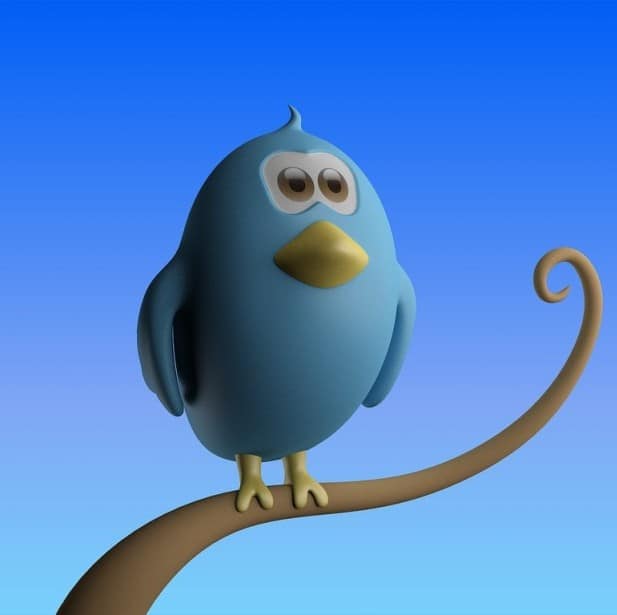When the University of Southern California announced its latest study on Black Twitter, the virtual community gave the student researchers a firsthand taste of just how powerful of a digital vehicle Black Twitter really is.
The university’s Data Science at the Annenberg Innovation Lab website explained the details of one of the school’s latest studies – a closer look at the online sub-culture that has become known as Black Twitter.
Problems arose, however, when many users felt the research method watered Black Twitter down to nothing more than Scandal-watching live-tweeters with short attention spans.
“In order to observe the unpredictable flow of Black Twitter activity, we turn instead to a structured set of events around which a significant percentage of the Black Twitter community has gathered,” the DSAIL website explained. “Our case study focuses on the popular television show, Scandal (of which the protagonist is notable actress, Kerry Washington). From October 3 to December 12, 2013, we tracked the activity of any user tweeting about Scandal, and logged their Twitter conversations and user metadata. With this collection as a starting point, we have begun to map out relationships among users who ‘live-tweet’ Scandal in an effort to identify sub-groups of users that interact with one another outside of their shared interest in the TV show.”
The study, which initially seemed to be headed by only three white males, came across as offensive to many Black Twitter users who responded to the research in true Black Twitter fashion – with a sarcastic hashtag.
The hashtag #BlackTwitterStudyResults started circulating on the social media site rather quickly and even garnered attention from BET.
“#blacktwitterstudyresults: people still like #CollegeHill …That’s why we are re-airing it. MIDNIGHTS,” BET tweeted.
Others joined in by slamming the false perceptions that often swirl around the online community.
“Lacking the ability to multitask, Black twitter often forgets about Black on Black crime #BlackTwitterStudyResults,” another user tweeted.
Others used pop culture phrases to inspire their tweets.
“#BlackTwitterStudyResults Felicia is clearly disliked as everyone wants her to leave #ByeFelicia,” another user tweeted.
It wasn’t long before users began mentioning some frequently discussed topics in Black Twitter such as “shade throwing,” the term “beat face,” and thinning edges.
“If one catches fade then they also may be the victim of shade throwing? Something about edges. Still deciphering. #BlackTwitterStudyResults,” another user tweeted before quickly gaining over 100 retweets.
After the hashtag started to garner more and more attention, a young Black woman was added to the project’s website’s attribution section.
The woman, who was identified as Dayna Chatman, eventually took to her own timeline to defend the project that she claimed was her idea from the start.
“I want to voice my frustration with how the research is inaccurately represented online,” she tweeted. “I will say more about my role in the project.”
Through a series of tweets, Chatman said her only goal for the project was to “archive and understand the voice of Black people” because she feels it is not “done enough in Communication.”
She also explained that she “pitched this project” as a part of her dissertation.
Many users felt as if this was merely a tactic being used to help fend off some of the backlash aimed toward three white males heading a research project on Black Twitter.
Others simply felt as if the study would serve to be pointless and was far too narrow-minded.
“If you want to understand the way blck ppl communicate you’ll have to go beyond Twitter #BlackTwitterStudyResults,” one user tweeted shortly after Chatman explained her involvement with the project.

